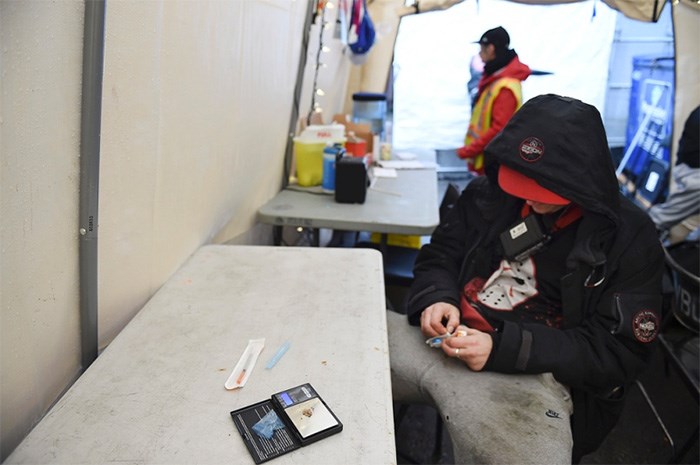Earlier this year, 2023, British Columbia became the first province in Canada to decriminalize the possession of small quantities of substances intended for personal use.
This policy will remain in effect until 2026 and will be subject to ongoing monitoring and evaluation.
Through our work in prevention and destigmatization, we hope to address a few concerns the community may have about this legislation.
Decriminalization is not legalization.
In B.C., decriminalizing substances implies that possessing substances up to 2.5 grams in total for personal use will not lead to criminal charges.
However, buying, selling, or distribution from stores, dispensaries, or any other location is still illegal.
If someone is found to be in possession it will be treated as a public health issue rather than a criminal justice issue.
Instead of being charged with a criminal offence, legal adults will be directed towards health care services for addiction and harm reduction support.
While decriminalization may reduce the harms associated with substance use it does not legalize substances or condone their use.
It is a harm reduction strategy aimed at helping individuals by removing barriers and stigma around use.
Decriminalization is the process of reducing or eliminating criminal penalties for certain behaviors or substances.
Legalization is the removal of any legal restrictions on those behaviours or substances. We believe that this is a crucial difference in the language of the legislation handed down.
Decriminalization is not a single solution.
Although decriminalization can help reduce the stigma associated with substance use and encourage people to seek treatment, it is not a standalone solution.
The success of this endeavour is multifaceted. Additional steps must be taken to address the overdose crisis.
While decriminalization helps remove barriers to treatment, more resources must be invested in addiction services, including mental health support, detox centers, counselling, etc., as well as reducing wait times for service.
Initiatives focused on reducing harm, including supervised consumption sites, drug checking services, and overdose prevention programs, have proven effective in lowering overdose rates.
It’s necessary to expand and increase accessibility to these initiatives for all individuals.
Addressing the underlying social and systemic factors, including poverty, homelessness, trauma and inequality, is also crucial. By bringing about systemic changes and implementing social policies that focus on providing affordable housing and income support programs, we can effectively reduce the harms caused by substance use.
It is important to remember that addiction is not a choice, but rather a health condition.
Despite this, many individuals experience discrimination due to the stigmatization linked with addiction, these prejudices can lead to the social isolation of individuals who use substances.
Shifting our perspectives and understanding of addiction will allow us to provide better support to individuals and encourage them to seek assistance while reducing societal stigma.
Alvin Li and Sandra Karac
RASS Prevention Specialists
RASS (Richmond Addiction Services Society) is a non-profit organization focused on addiction prevention and education. We welcome members of the community to connect with us anytime to provide suggestions and ideas or serve on our board of directors.
Contact executive director Daniel Remedios at [email protected]
-



